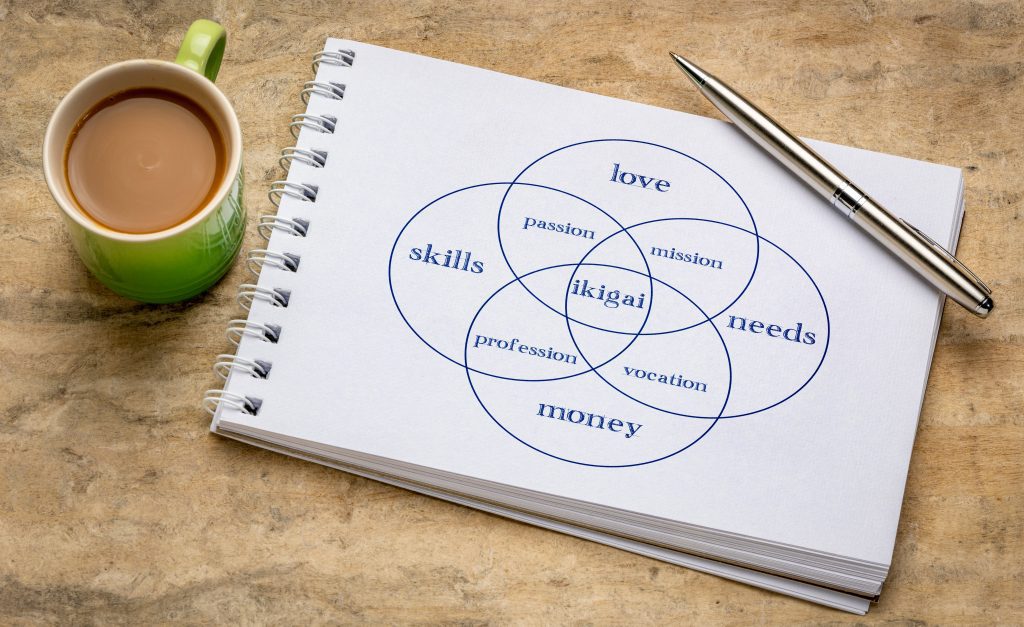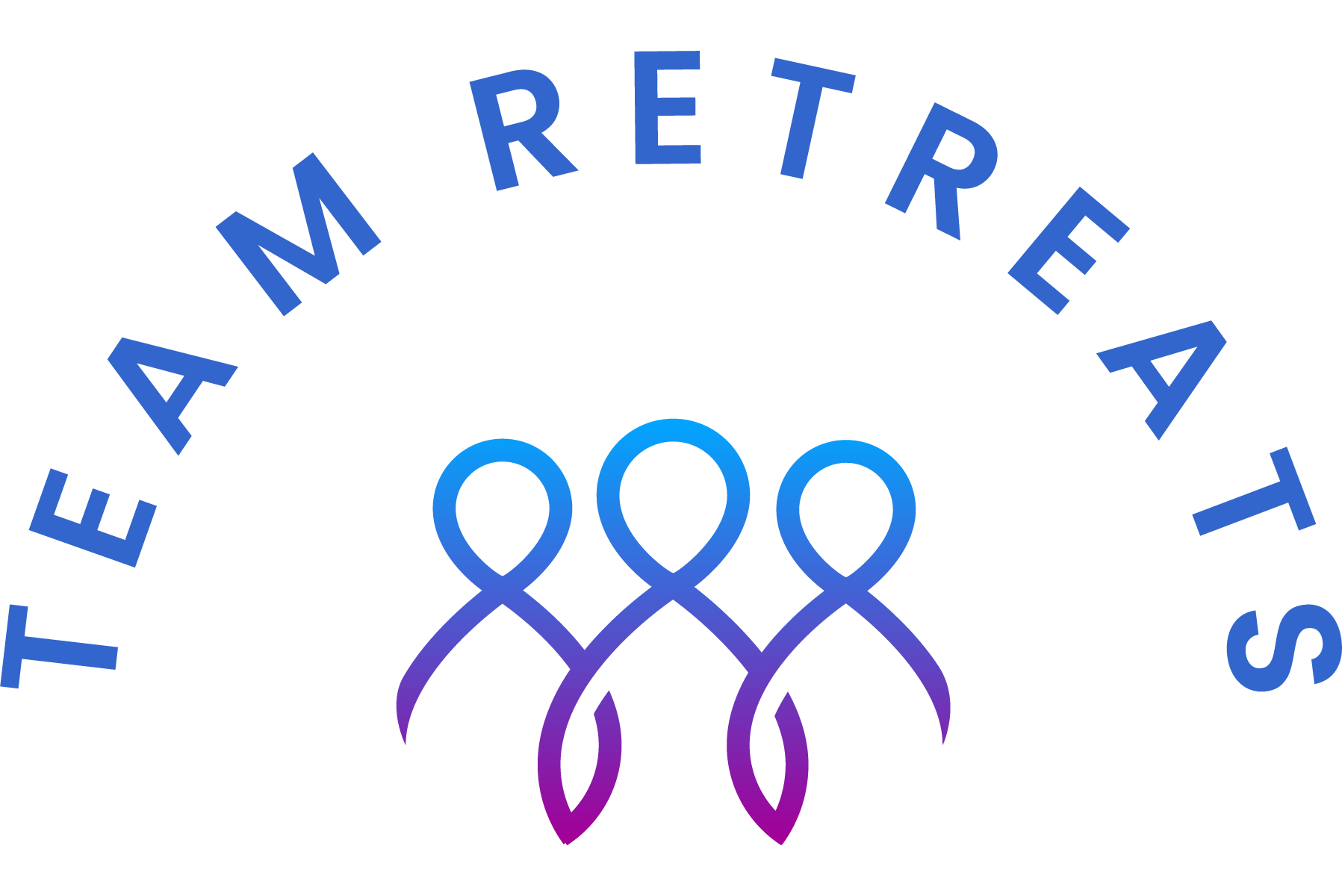Burnout is no longer rare – it’s a growing issue in many teams. High workload, blurred work-life boundaries and a lack of real connection can take a serious toll. A well-designed team retreat won’t solve everything, but it can act as powerful prevention. This article explores how retreats can boost mental health, reduce stress and bring teams back into balance.
Today’s leaders are increasingly aware that true wellbeing at work goes beyond yoga apps or occasional check-ins. Teams need meaningful breaks – ones that are structured yet spacious, focused yet human. A retreat creates just that: a pause with purpose, offering not only rest, but reconnection and long-term impact.
Why Retreats Support Mental Wellbeing
Changing the setting and stepping away from daily routines allows space for reflection and recovery. Nature, shared time, sports and mindful practices foster calm, trust and creativity. Retreats remind teams that they’re not just roles or resources but that they’re humans, with limits and needs.
5 Retreat Formats That Foster Mental Health
1. Mindfulness & Meditation: Creating Inner Calm
Daily short practices help participants stay present and centered and even beginners benefit quickly. A retreat with a mindfulness focus improves mental resilience and promotes a sense of presence which is essential in fast-paced work environments.


2. Digital Detox With Clear Boundaries: Reset for Real Connection
Clear structures and offline times reduce overwhelm and help teams reconnect. Stepping away from constant connectivity allows teams to truly recharge. Especially in remote teams, the absence of screens creates room for meaningful interaction and human connection
3. Outdoor Time as Core Element
Whether it’s hikes, mountain walks, sports or seaside breaks – time in nature lowers stress and restores energy. Retreats centered around the outdoors invite reflection, movement, and mental refreshment. Natural settings like the Alps or Mediterranean coastlines offer the perfect backdrop for inner balance and team cohesion.


4. Journaling & Self-Reflection: Writing to Process and Grow
Journaling during a retreat helps participants to clarify their thoughts and reflect deeply. Whether as a morning ritual or evening wind-down, writing enhances emotional awareness and fosters inner growth. It’s a simple yet powerful practice that adds depth to the team experience.
5. Guided Group Conversations: Building Trust and Openness
Psychologically safe group conversations allow emotions and concerns to be shared. When professionally facilitated, these sessions can uncover blind spots, strengthen empathy and deepen team connection. A key ingredient for lasting psychological safety.


Conclusion: Preventive, Not Reactive
Team retreats won’t replace mental health care, but they can build resilience, spark self-awareness and prevent crisis. Investing in your team’s wellbeing isn’t just kind, it’s smart leadership.
For fast-growing companies, distributed teams or innovation-driven cultures, retreats can become a key part of a sustainable wellbeing strategy. It’s not about luxury – it’s about intention. When space is created for real connection and reflection, teams grow stronger together. At Team Retreats, we help design meaningful, human-centered experiences that strengthen both your people and your culture.
Schedule an initial consultation with Team Retreats and find out how to create your perfect getaway experience!



